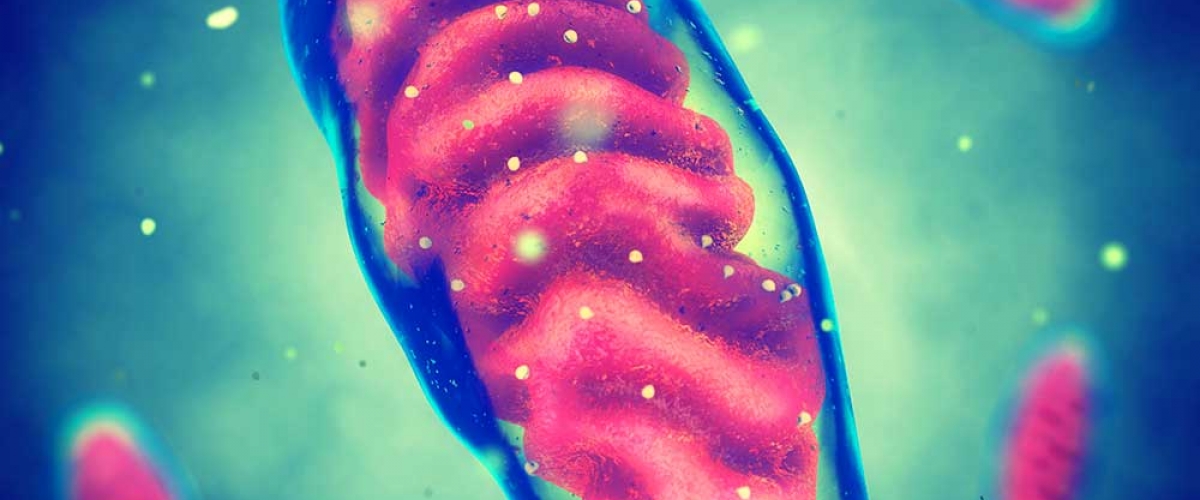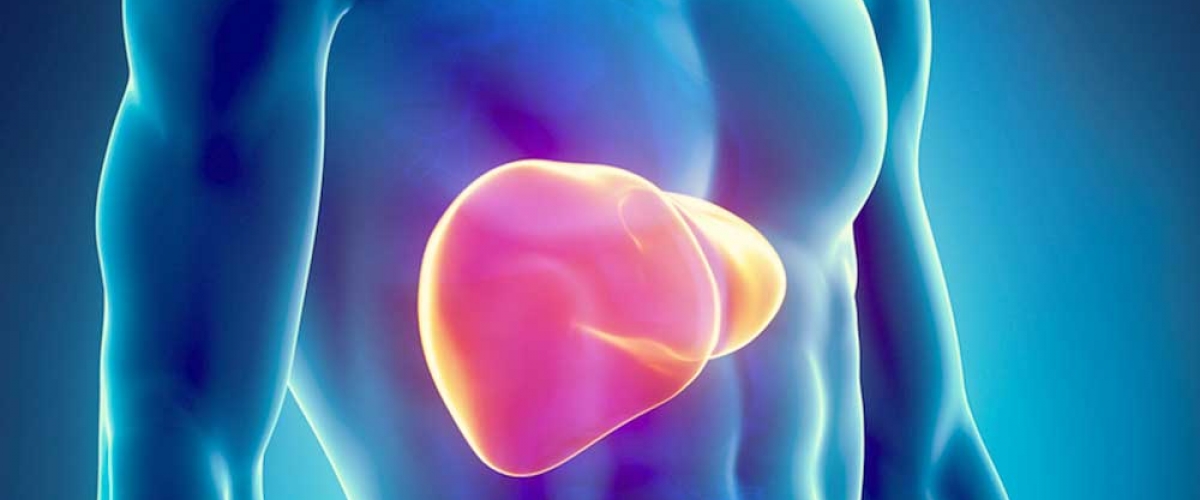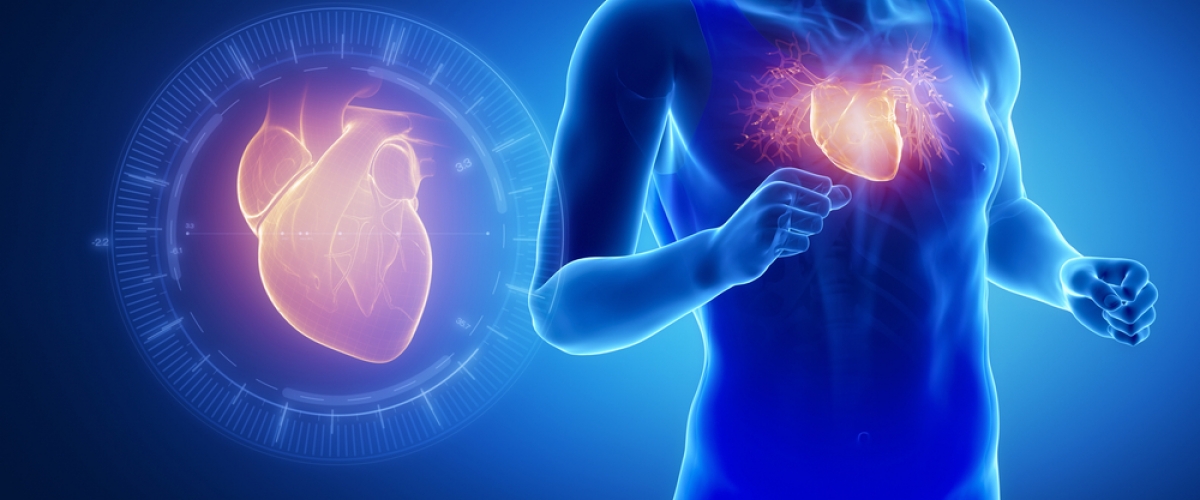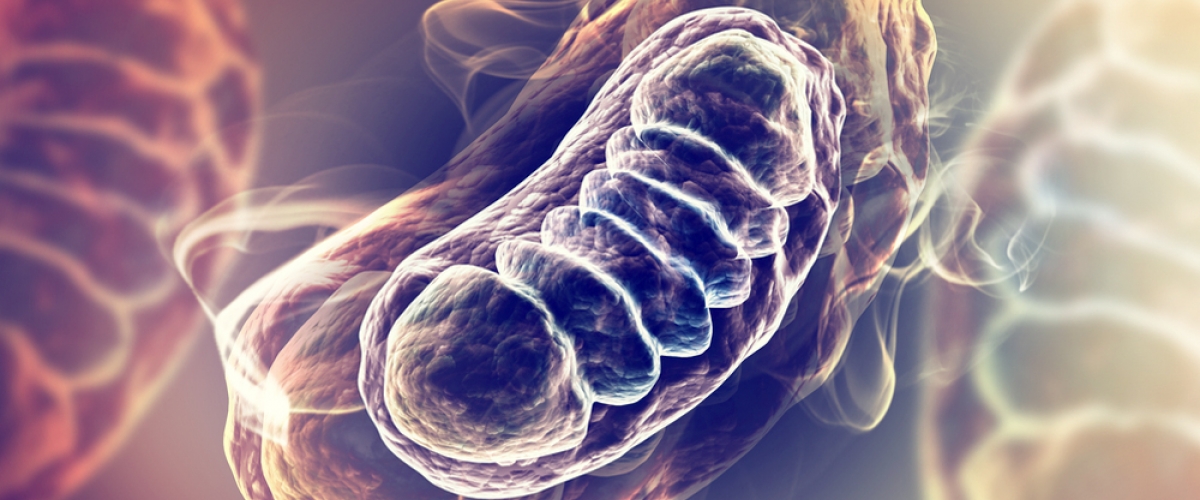What is ubiquinol? How do we make it? What are the food sources and how does it work in the body?
Silymarin and silibinin, caffeine, bioflavonoids, curcumin, resveratrol and other natural polyphenols have been found beneficial for NAFLD in studies and preclinical trials.
In Australia, coenzyme Q10 is now available in some differing forms. In this podcast, Dr Ross Walker discusses the ways he differentiates the usages for the various forms clinically.
Alcohol is a large part of Australian culture and, for the most part, many of us don't give our habitual intake any thought. But given the health risks associated with its consumption, it is worth considering how often and how much we drink, and what we can do to reduce its impact on our health.
Ubiquinol is a reasonably new supplement now approved by the Therapeutic Goods Administration (TGA) and therefore available to Australian Healthcare Professionals. Prior to its recent addition to the Australian Register of Therapeutic Goods (ARTG) CoQ10 was only available in the form of ubiquinone, both forms, are now marketed as supplemental options for coenzyme Q10.
Suboptimal antioxidant levels are linked to impaired immune responses and an increased susceptibility to infections.
CoQ10 is a well-known antioxidant, active in every cell of the body. It has a strong link with cellular mitochondria and may also have a crucial role in mitochondrial homeostasis and therefore down-regulation of inflammasomes.
Coenzyme Q10 (CoQ10) is a lipid-soluble molecule distributed in all cellular membranes of the human body. It is generally referred to as ubiquinone, due to its ubiquitous, omnipresent nature, and has been used as a therapeutic supplement for more than 30 years.














